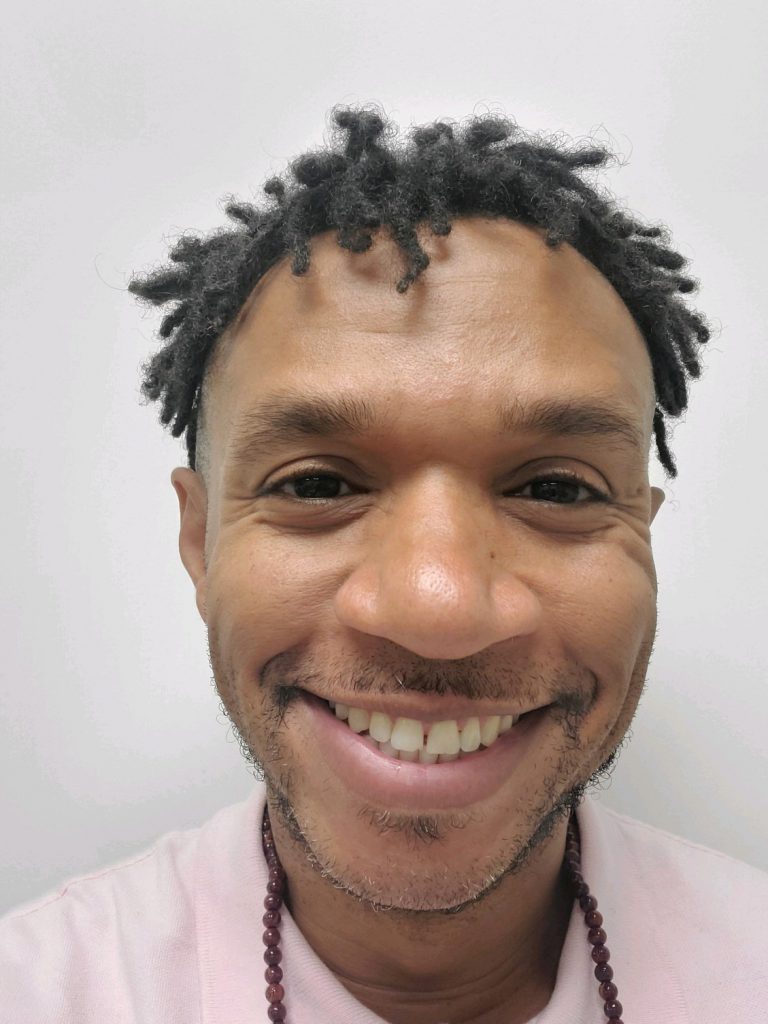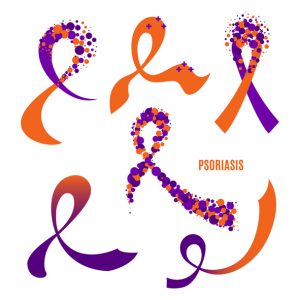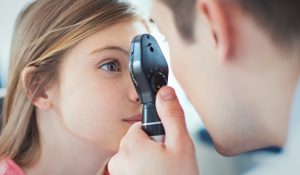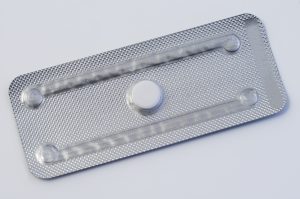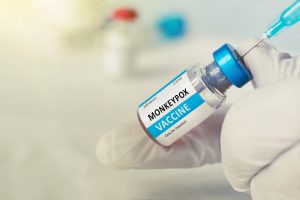 Monkeypox cases have emerged across most of the United States. Symptoms of the virus include:
Monkeypox cases have emerged across most of the United States. Symptoms of the virus include:
- Fever
- Aches and pains
- Chills
- Exhaustion
- Respiratory symptoms
Most people with monkeypox also experience a rash that’s typically located near the genitals or anus. It may also be present on other parts of the body, including the face, hands, feet, and chest.
Two vaccines are now available that may effectively offer protection against monkeypox. JYNNEOS is the only vaccine approved by the Food and Drug Administration and recommended by the Centers for Disease Control and Prevention for anyone at risk of contracting the virus. Another vaccine, ACAM2000, may also be used to prevent monkeypox under the Expanded Access Investigational New Drug system, but is not recommended for people with a weakened immune system, an exfoliative skin condition like eczema, or people who are pregnant.
Studies have shown side effects such as myocarditis, pericarditis, brain or spinal cord swelling, and infection in patients who received ACAM2000. These reactions have not been observed in patients who received JYNNEOS.
Your doctor can help you determine which vaccine is right for you, but vaccination in general, combined with practices like safe sex, maintaining distance from infected people and animals, and disinfecting your home when an infected person has been there, can help protect most people against the virus. Children in particular may benefit from vaccination, as their symptoms are likely to be worse than those of infected teens and adults.
You can make an appointment for monkeypox treatment and prevention at Jamaica Hospital Medical Center’s on-site Ambulatory Care Center by calling (718) 206-7001.
All content of this newsletter is intended for general information purposes only and is not intended or implied to be a substitute for professional medical advice, diagnosis or treatment. Please consult a medical professional before adopting any of the suggestions on this page. You must never disregard professional medical advice or delay seeking medical treatment based upon any content of this newsletter. PROMPTLY CONSULT YOUR PHYSICIAN OR CALL 911 IF YOU BELIEVE YOU HAVE A MEDICAL EMERGENCY.


